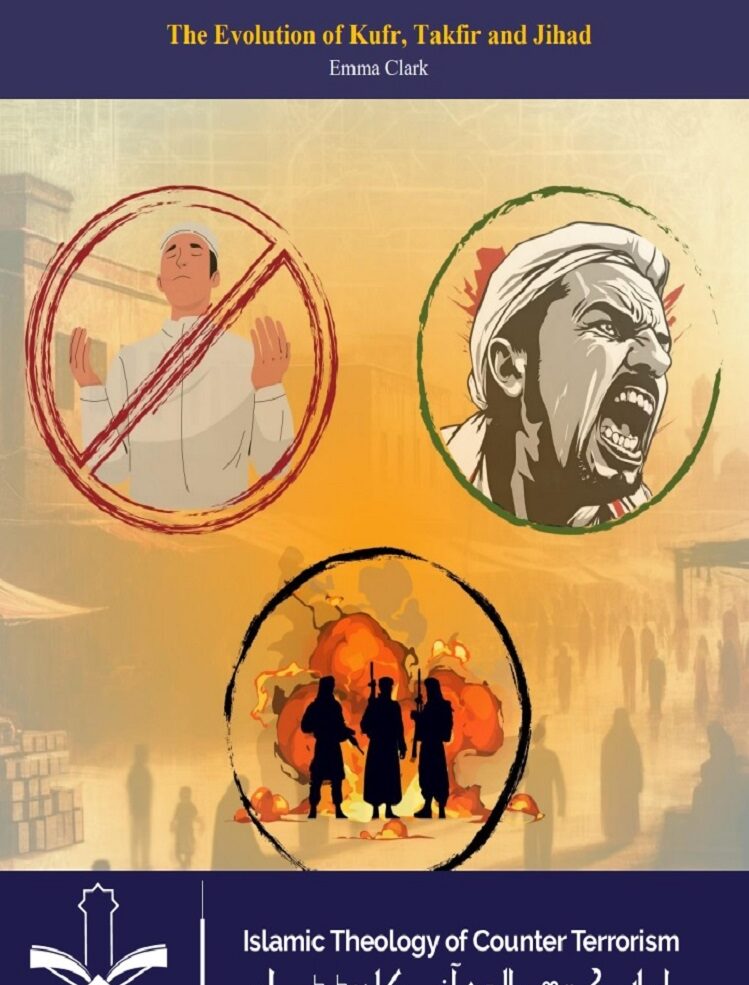Summary:
Following the declaration of the Islamic State’s (henceforth IS) caliphate in June 2014, critics have attributed their behaviour to a combination of barbarism, and their self-appointed role as the saviours of Islam. The fixation on their archaic nature has produced numerous accounts that document the group’s ‘evil’ nature through their ignorance toward what are and, inadvertently, are not, permissible forms of conduct and target in warfare – explained by a seemingly false reading of Islam. There are multiple flaws with such narratives, per the author’s argument. Denying the Islamic character of the group engages in a sort of ‘liberal takfīr’, to quote McCarthy, dictating who is and is not considered Muslim in accordance with perceptions of correct and incorrect (Islamic) belief. Secondly, these accounts impose a particular view of legitimate and illegitimate violence. Subsequently, because IS do not subscribe to the laws of warfare conceptualized in Western countries, their actions are seemingly beyond logical explanation. This ignores the modus operandi of violent terrorist groups which, put simply, is to target non-combatants for political gain.
Through the use of takfīr which, for definitional purposes, is the excommunication of Muslims, IS places those threatening to its existence beyond Islamic legal protections – in essence, justifying their death(s). By dictating who can and cannot die by the sword, based on an individual and/or group’s threat perception, IS operates as the judge of correct, and inadvertently, ‘incorrect’ Islamic belief system(s). Takfīr thus performs a dual function as both a legal and theological justification for the use of lethal violence against Muslims.
Published By:

Emma Clark
Emma Clark is a recent MSc graduate from the University of Glasgow, specialising in the study of the (theorised) ethical and moral aspects of terrorism, and additionally focusing on de-radicalisation programmes and counter-terrorism methods. Her most recent dissertation project included a Qualitative Content Analysis (QCA) of al-Qaeda’s propaganda sources pertaining to the use of human weapon attacks in Western countries.
Her past work has demonstrated a clear affinity with Islamic theology, focusing on exegetical genealogies of kufr, kafir and tākfir for projects analysing the narratives perpetuated by the Islamic State (IS) to justify killing Muslims; put differently, analysing how Islamic theology, and how it is interpreted, feeds into various extremist narratives that are subsequently disseminated, and are different according to, the location in which these extremists operate. Additionally, Emma’s work typically focuses on the Middle East, with additional consideration given to Europe and North America.
Her previous work experience includes roles with NextGen 5.0, and Rise to Peace, demonstrating a clear affinity and passion for the study of terrorism and counter-terrorism.
Working with Islamic Theology of Counter Terrorism allowed her to continue with her academic growth and knowledge of said topics; additionally, given her past (academic) experience analysing and interpreting Islamic theology, together with a broad understanding of geopolitics and history of the Middle East, it is an opportunity she can positively contribute to.









